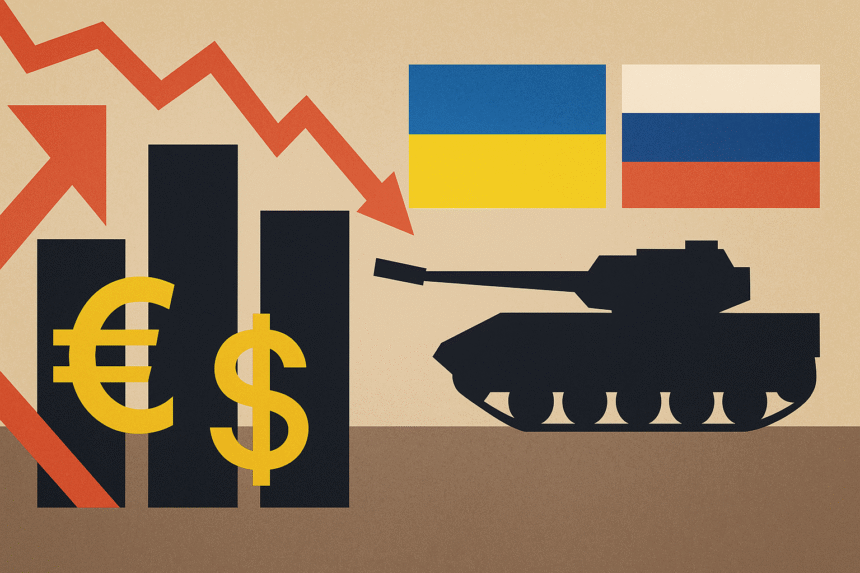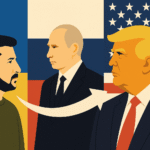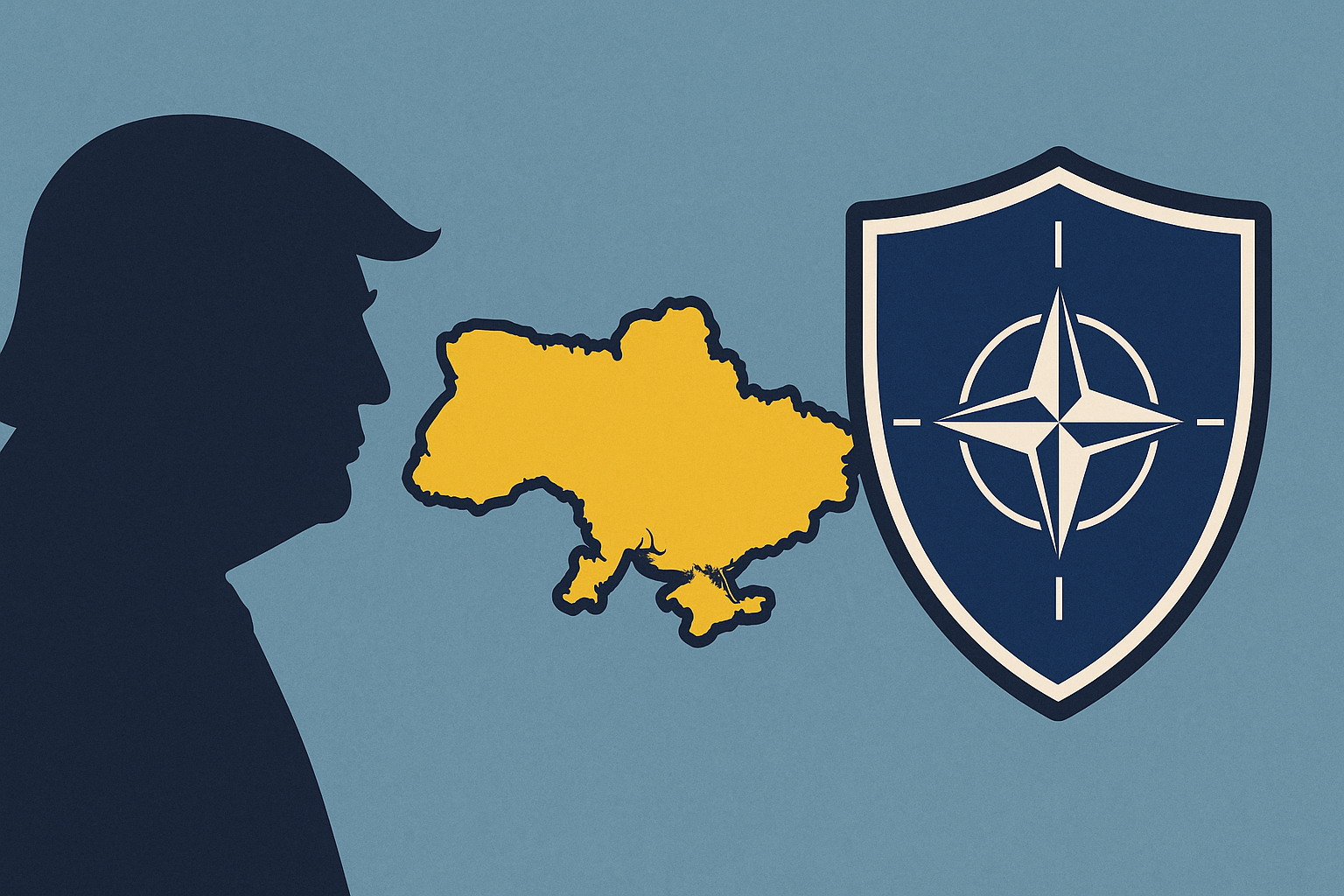European defence shares fell sharply on Tuesday as renewed discussions about a possible ceasefire in Ukraine raised doubts over the sector’s recent rally.
Market Reaction
Shares in Italian group Leonardo and German defence electronics company Hensoldt both dropped 9.5 per cent, while German arms manufacturer Rheinmetall fell 4.9 per cent. The declines came after U.S. President Donald Trump said Washington would be “involved” in helping Ukraine defend itself if peace with Russia could be achieved, while pledging to organise a meeting between Ukrainian President Volodymyr Zelenskyy and Russian President Vladimir Putin.
Adding to investor caution, the Financial Times reported that Ukraine had proposed a $100bn U.S. weapons purchase, financed by Europe, as part of its bid to secure American security guarantees.
Craig Cameron, head of European equities at Franklin Templeton, said: “Any de-escalation of tensions between Russia and Europe, and talk of spending more on U.S. equipment, is negative for these companies.” He added that high valuations meant defence groups now faced pressure “to deliver.”
Recent Rally
Despite Tuesday’s losses, defence stocks have surged this year. Rheinmetall’s share price has risen more than 155 per cent, Sweden’s Saab is up more than 110 per cent, and France’s Thales has gained 65 per cent. The sector was buoyed by Germany’s March announcement of a major defence spending package, part of a broader loosening of fiscal rules to fund military and infrastructure projects, amid concerns about waning U.S. involvement in European security.
Caroline Shaw, portfolio manager at Fidelity International, said she had reduced her exposure to defence stocks in August, citing “stretched” valuations and an evolving outlook for the sector.
Wider Impacts
Ukraine’s U.S. dollar debt, restructured last year, also rallied on Tuesday on hopes that peace talks could improve repayment prospects. A key bond due in 2035 climbed from 58 to nearly 60 cents on the dollar, up almost 25 per cent this month and at its highest since March.
Still, analysts noted that the surge in defence equities was not solely tied to the war. “These companies are not going back to where they were in January or February,” said Cameron. “The longer-term story of Europe needing to spend more on defence holds true — I don’t think we’re going back to the old world, even if there was a ceasefire.”
Strategic Outlook
NATO members agreed in June to lift defence spending targets to the equivalent of 5 per cent of GDP, under pressure from Washington. Yet analysts cautioned that an end to open conflict could slow momentum. “The market concern is that an end to the hot war in Europe would weaken the resolve of NATO members to achieve the increased spending commitments,” said Giles Parkinson, head of equities at TrinityBridge.
UBS strategist Gerry Fowler described the theme of European defence as “expensive and crowded,” noting that strong investor inflows earlier this year had depended on repeated earnings upgrades — momentum that has now stalled. Barclays strategist Magesh Kumar Chandrasekaran added that while ceasefire speculation may prompt near-term profit-taking, the long-term outlook for the sector remained resilient.








